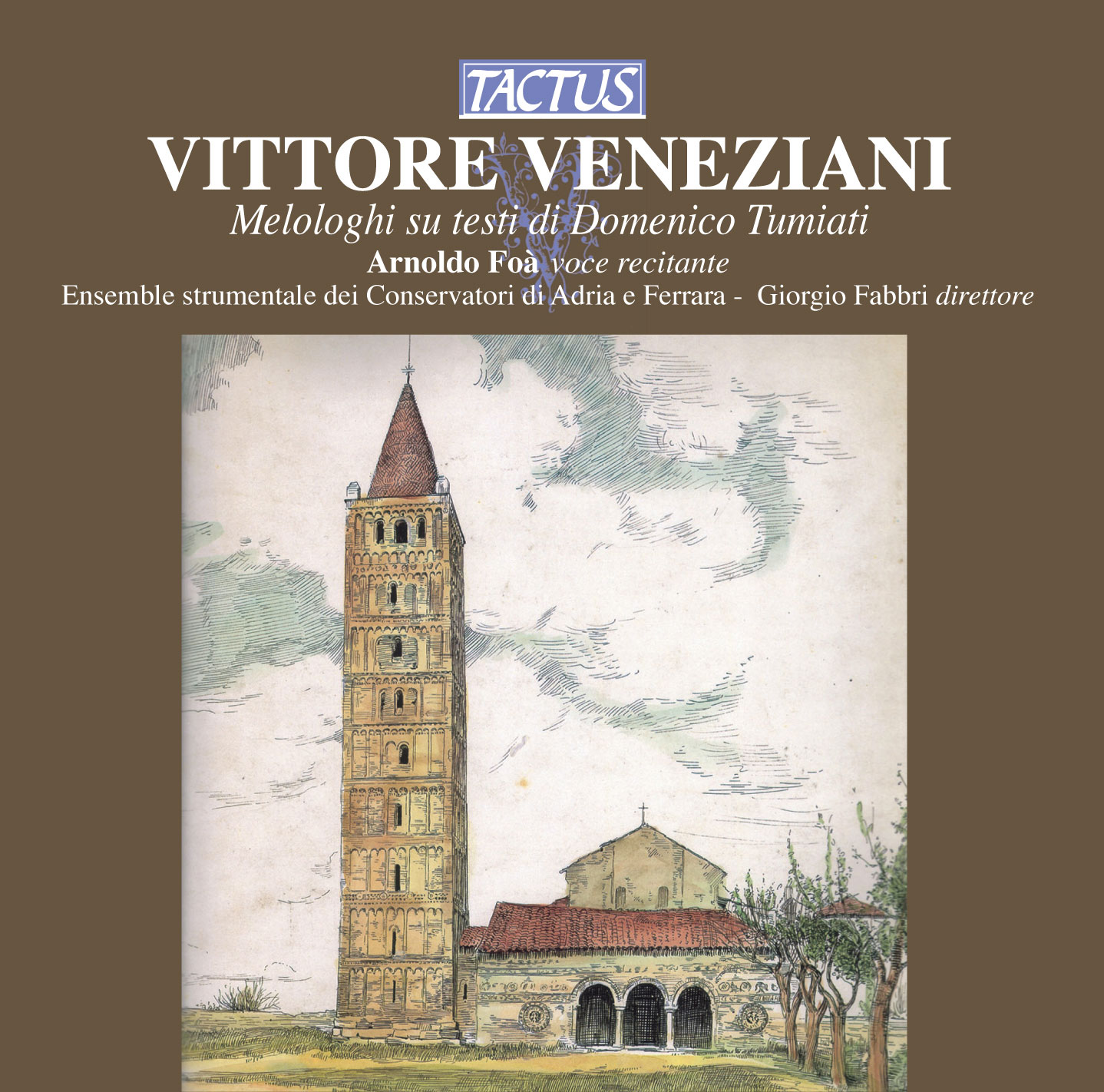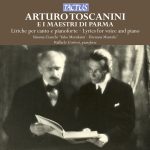VENEZIANI VITTORE
After a century, it is difficult to consider the melodramas by Tumiati and Veneziani as anything more than an historical curiosity.
Even the Enciclopedia dello Spettacolo SIAE, although tending to consider them the most interesting and best known works of Tumiati’s dramatic production, nonetheless makes note of their modest fortune, stating that “under the direction of Gualtiero Tumiati, there were recited with scant success in theaters throughout Italy” (though “Parisina” had the honor of a court performance at the behest of Queen Margherita, in the presence of Fogazzaro and Sgambati).
After all, Domenico “as a poet was extraneous to the developments of the modern lyric; his poetic collections reveal a substantially late-Romantic inspiration, often clothed in the popular form of the tale in verse.
”If the recited texts in “La Badia” and “Parisina” allow the listen to follow the action effortlessly and grasp the significance of each single verse, Vittore Veneziani’s music is not limited to merely seconding the words.
It instead attempts to characterize the situations, underscoring the psychological and affective undertones incorporated in the poetry which remain verbally unexpressed.
Felicitous musical illustrations are thus drawn either through simple and direct onomatopoeia, by means of environmental word-painting (such as the bells in the finale of “La Badia”), or by recreating an expressive climate relative to the plot–a sort of sound track before its time, as occurs throughout “Parisina”.
Compositional cohesion is achieved through the cyclical nature of the musical structure, with its recurring themes (characteristic of the musical language which would unite all of romanticism, from Berlioz to Wagner), and also through Veneziani’s remarkably skillful orchestration, the excellence of which is maintained in Giordano Tunioli’s reduced version of the original score for chamber ensemble.
Such are the results of a craft which Venziani demonstrates to have assimilated well and which in successive years would extend to some ventures into the field of opera (one of them, “La leggenda del lago”, dedicated to Pergolesi, remained unpublished but was performed in Venice on 8 February 1911).
Tracklist
La Badia di Pomposa (music by V. Veneziani) (arr. G. Tunioli)
1 - Part I (9:51)
2 - Part II (13:36)
Parisina (music by V. Veneziani) (arr. G. Tunioli)
3 - Part I (21:48)
4 - Part II (23:17)
- Composer: VENEZIANI VITTORE
- Performers: Arnoldo Foà, narrator · Ensemble of Conservatories of Adria and Ferrara · Giorgio Fabbri, conductor
- Historical Period: Romanticism
- Code: TC 872201
- Edition: JUN 2008
- Barcode: 8007194102833
- Set: 1
- Total tracks: 4
- Total duration: 01:08:34






